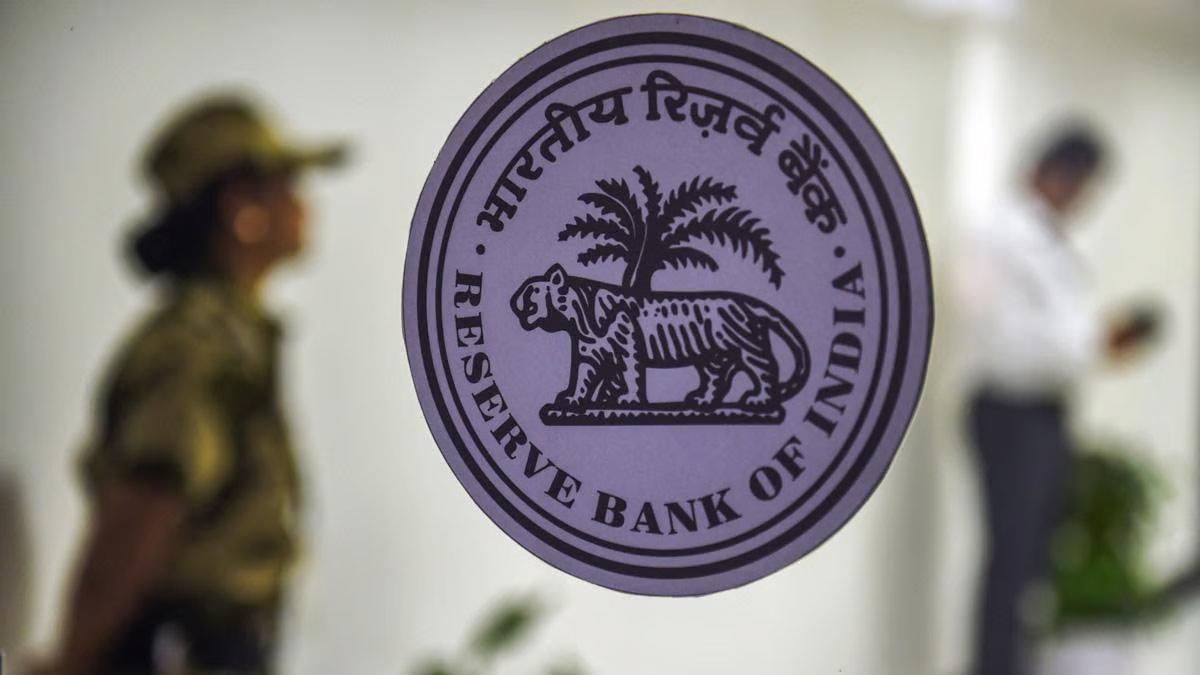More than half a billion dollars have been laundered in crypto assets originating from theft, fraud, ransomware and various other types of criminal activity since 2020, a new report has revealed.
The report by Blockchain analysis group Elliptic said one cross-chain bridge in particular -- RenBridge -- has been used to launder at least $540 million in crypto assets by hackers and fraudsters.
Cross-chain bridges allow crypto assets to be transferred between blockchains, without going through a centralised service such as a crypto exchange.
Billions of dollars in assets have been transferred between Bitcoin, Ethereum and other blockchains -- using bridge services such as Portal, cBridge and Synapse.
"RenBridge has become particularly popular with those seeking to launder the proceeds of theft," the report mentioned.
Also Read | Are cryptocurrencies making a comeback?
Crypto assets stolen from exchanges and decentralised finance (DeFi) services worth at least $267.2 million have been laundered through RenBridge over the past two years.
This includes $33.8 million stolen from Japanese crypto exchange Liquid in August 2021. In total, $97 million was stolen from Liquid, in an attack that has been linked to North Korea, said the report.
Sometimes, these stolen funds come from other cross-chain bridges.
"Just days ago, $156 million was stolen from the Nomad bridge, following the discovery of a bug that was exploited by numerous individuals," said the team.
Hours later, some of the thieves were sending the stolen funds through RenBridge.
So far, $2.4 million in crypto assets stolen from Nomad have been sent through RenBridge.
Also Read | Gautam Adani gets 'Z category' security after Home Ministry acts on IB report
"RenBridge is also an important facilitator for Russia-linked ransomware gangs, with over $153 million in ransom payments laundered through the service to date," the report noted.
Blockchain bridges such as RenBridge pose a challenge to regulators, since there is no central service provider that facilitates these cross-chain transactions.
Instead, transactions are processed by a network of thousands of pseudonymous validators known as "Darknodes".


















